Great History: The Biggest Wars
The word war sounds horrific. Speaking this terrible word, a picture looms before your eyes, meaning pain, loss, loss of life. Military action brings many troubles and grief to almost every home. After all, protecting their lands, not only soldiers die, but also civilians who are trying to defend their rights. War has no boundaries in age, in principle, like humanity. According to the calculations of the Swiss Jean-Jacques Babel, we can say that for all historical years, from the period of 3500 BC to our time, mankind has lived peacefully for 292 years. The number of deaths in hostilities is difficult to calculate. Even inaccurate calculations evoke horror. Each struggle for the rights of mankind and for their native lands left a sad imprint in history. Experts, having studied all historical facts, have come to certain results that are simply shocking: in the entire history of mankind, there has not been a single year in the whole world without a war. In a certain corner of the Earth, a struggle for one’s rights and outlook on life is surely being waged.
The military operations of the Mongol Empire
Reforms that laid the foundation of the empire appeared in 1203. The continent of Eurasia almost 3 centuries stood on its knees. Many states were partially or completely defeated. Such states were: China and India, Hungary, East and Central Asia, Korea and Japan, Poland, Russia and Volga Bulgaria. All these territories were forced to pay tribute. According to inaccurate data, there are more than 30 million dead who fought in hostilities. All these people were from different parts of the world. Throughout the 13th century, the Mongol conquests progressed. As a result, the Mongol Empire conquered Eastern Europe and Asia. Scientists consider the times of invasions and raids of the Mongols the most deadly conflict in the history of the world. The death toll is estimated from 40 to 70 million people.
Napoleon Bonaparte Wars
The desire to take possession of the whole world was independent of Napoleon Bonaparte. As a result, he waged wars with various state territories of Europe. These military operations lasted a rather long period of time, from 1799 to 1815, which is called the Napoleonic Wars. The great commander, having not yet reached the title of "First Consul", began to conquer and re-plan the European political map. Through multiple upheavals, this man came to fame and power. Conquering the state, Napoleon managed to expand the French borders. After the Third, Fourth and Fifth Coalition, World War II followed. Having reached the Seventh Coalition, the leader’s career was over. Throughout Europe, during the time of multiple battles, campaigns and battles, about 3 million people died.
The Thirty Years War (1618-1648)
One of the biggest wars is a war that lasted thirty years. The fighting took place in Central Europe for hegemony. In the history of Europe, this military conflict became the most destructive and long-lasting, which began with a disagreement between the Catholic and Protestant states in the split Roman Empire. Over time, the war turned into a conflict of a broader scope, the participants of which were the great powers of Europe. According to historians, the death toll amounted to 8 million people.
Taiping Uprising
At the head of the reign of China for a long period of time stood the Qing Dynasty. During the years of their leadership, many conflicts and bloodsheds took place. In 1850 there was the most terrible and unforgettable war, which lasted almost 14 years. Over time, this battle acquired the name "Peasant."The reason for this name was the uprising of the common people, which rose up against the inequality emanating from foreign rulers of the empire. The aim of the struggle is to give the common people and their country freedom. Too quickly, martial law lost control, resulting in multiple casualties among ordinary residents. Scientists historians claim that the death toll has reached 100 million people. At that time, it amounted to 8% of the humanity of the whole world.
Dungan rebellion
In the north-west of China, the Dungan rebellion against the Qing Empire took place. Muslim national minorities (Uyghurs, Dungans, Salars) rebelled against the national oppression of the Qing dynasty and the Monchu-Chinese feudal lords. However, foreign historians believe that the uprising was motivated by economics and racial antagonism, and not against the dynasty. The uprising began in 1862 in Shaanxi province, which reached the territories of Xinjiang and Gansu. During the war, 12 million people were injured. The terrible rebellion was suppressed. The rebels that survived were taken over by the Russian Empire.
Russian Civil War (1917-1923)
From 1917 to 1923, according to official figures, approximately 5 million people died. At that time in Russia, after the reprisal against the imperial family, very difficult times came. The state was threatened with internal collapse. It was very difficult for people to perceive the enmity between brother and brother, which brought death. All this led to a cardinal change in the political, religious, economic and social sectors. Such changes were accompanied by uprisings and armed conflict.
World War I (1914-1918)
In the period from 1914 to 1918, our land was overtaken by a large-scale and terrible war in history. More than 20 countries took part in hostilities. The world split into two parts: the Entente (the Russian and British Empire, the French Republic; the Fourth Union (Austria-Hungary, Germany, the Bulgarian Empire, the Ottoman Empire). The emergence of multiple conflicts was preceded by several reasons:
- establishing trade relations;
- division of territories;
- failure to comply with union agreements.
But the main reason was the presence of imperialism (the political system). According to which, all disagreements and contentious issues were resolved with the use of military forces. At the end of the First World War, the state form of government by the empire was radically changed. During World War II, more than 11 million troops died. The number of victims among civilians is simply terrifying: 14 million were killed and 55 million were seriously injured. The lives of civilians have changed forever.
World War II (1939-1945)
The Second World War is considered the most bloody, terrible and brutal war for the entire historical existence of mankind. The date and reason for the occurrence of this event is simply required to know every person, adult and child. This event has had a huge impact on people's lives. Most human destinies were irrevocably changed, and some completely crossed out. More than 80% of the world's population participated in hostilities. In the territories of 40 states, hostilities were fought. The death toll reached 28 million soldiers and 50 million civilians. After terrible battles, the industry of many state territories was significantly depleted. Many cities were partially destroyed, and some were completely destroyed.
When pronouncing the word “war” alone, it becomes painful and scary. After all, how many defenseless and innocent people are dying. Studying history while still at school, we do not think about the fact that military operations can comprehend us and that, at some point, we may have to defend our native land. Everyone dreams of "Peace in the world!"

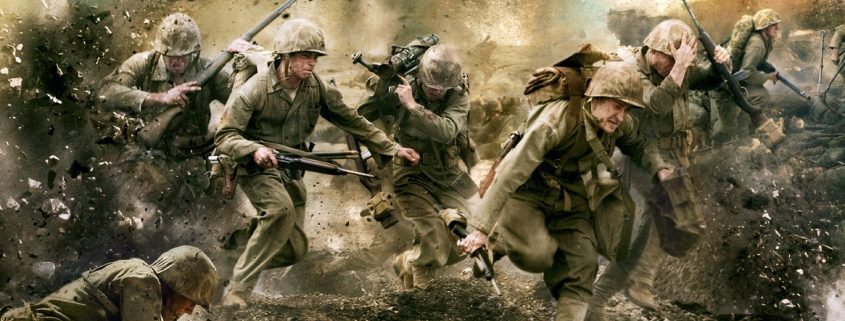
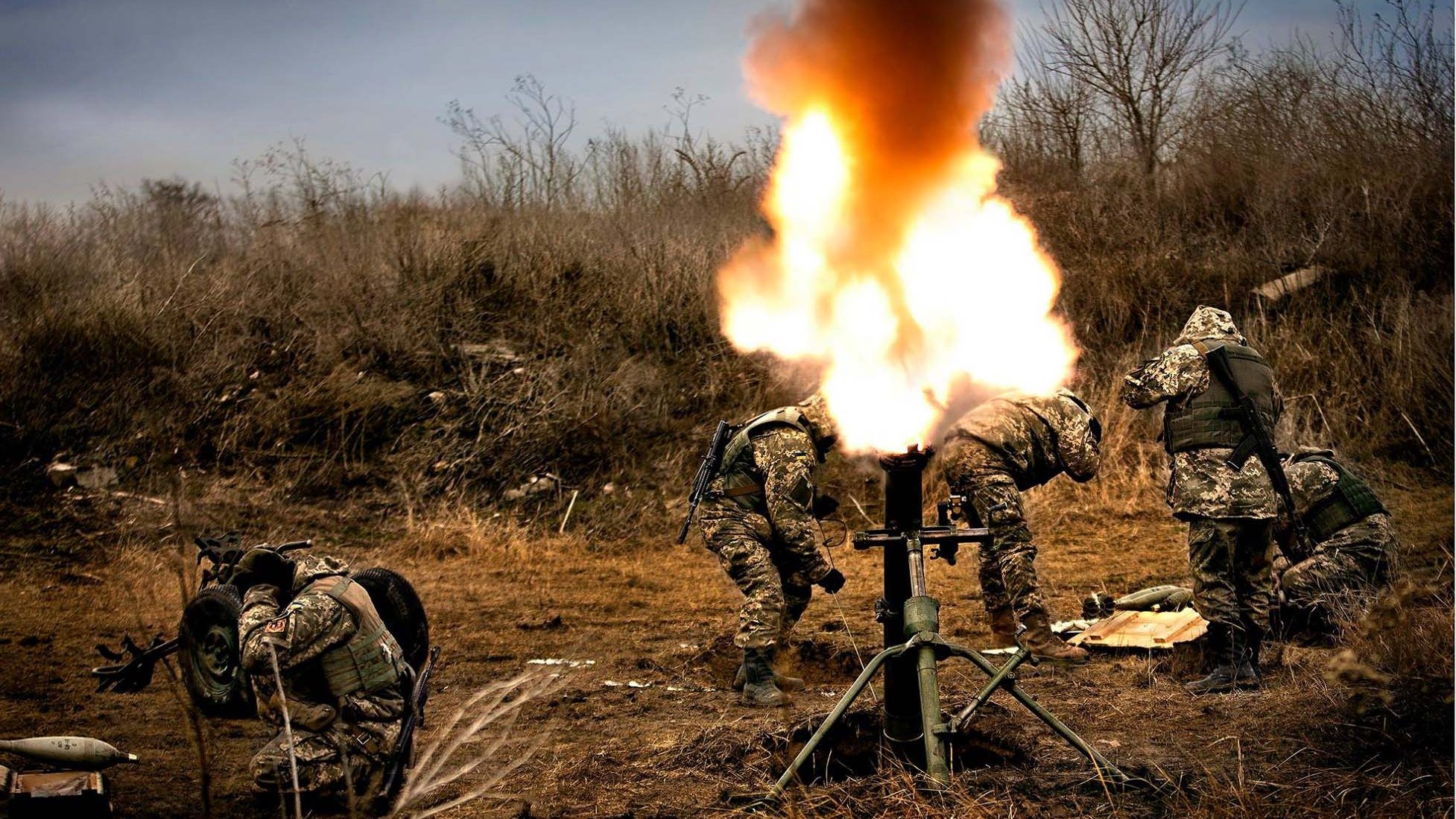

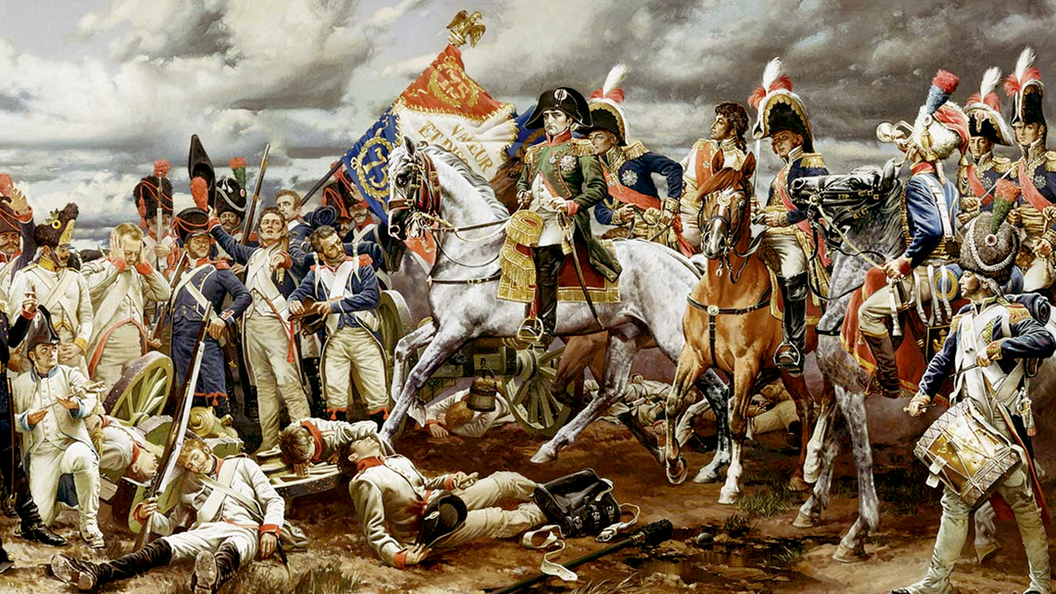

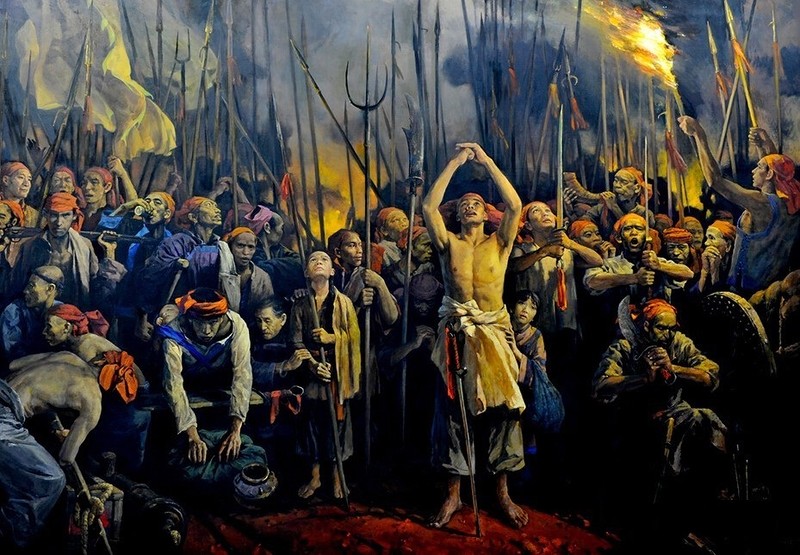
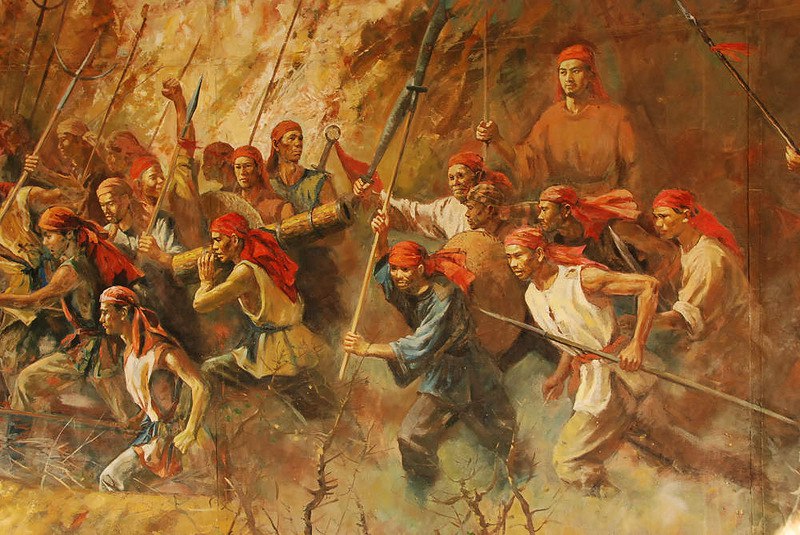
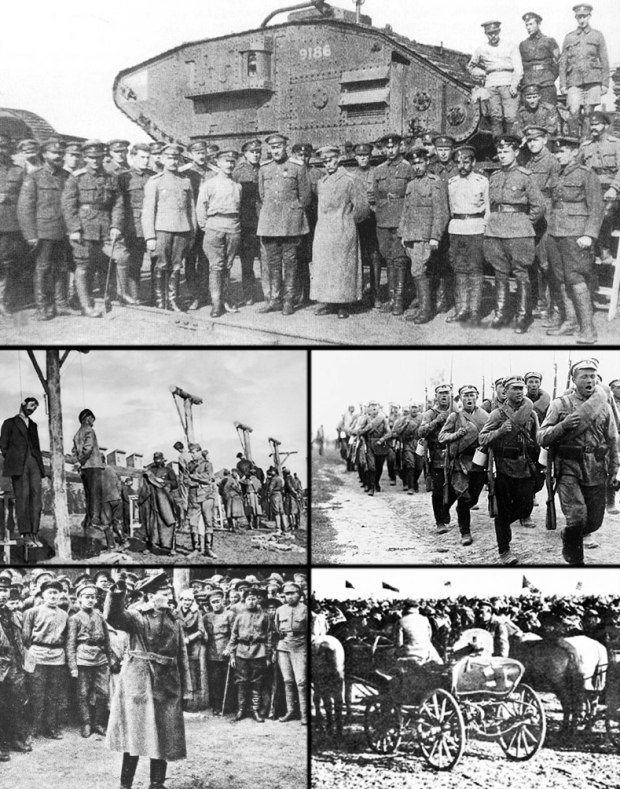
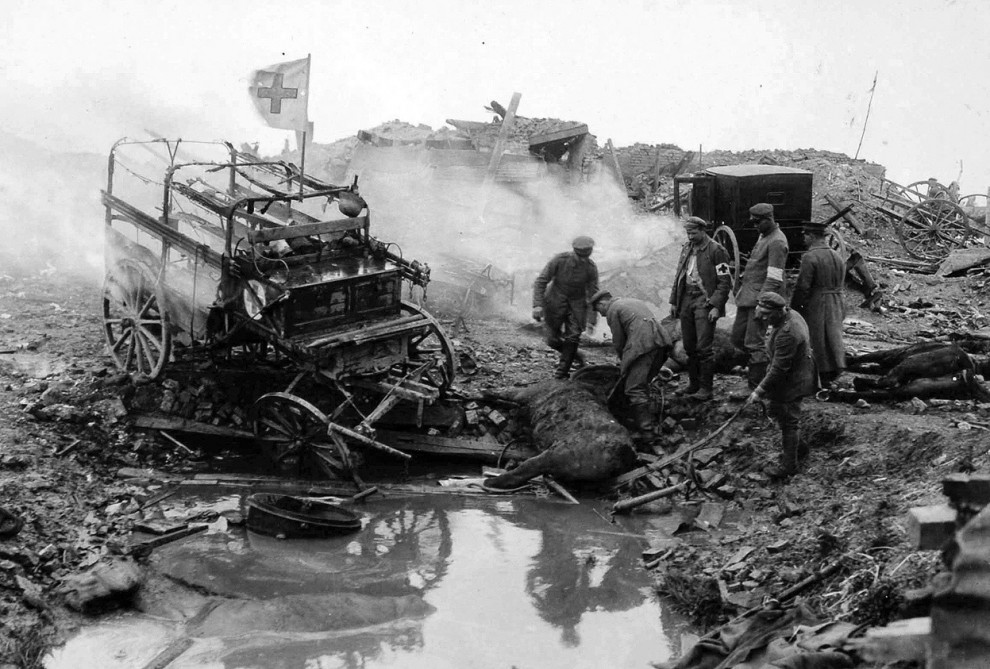
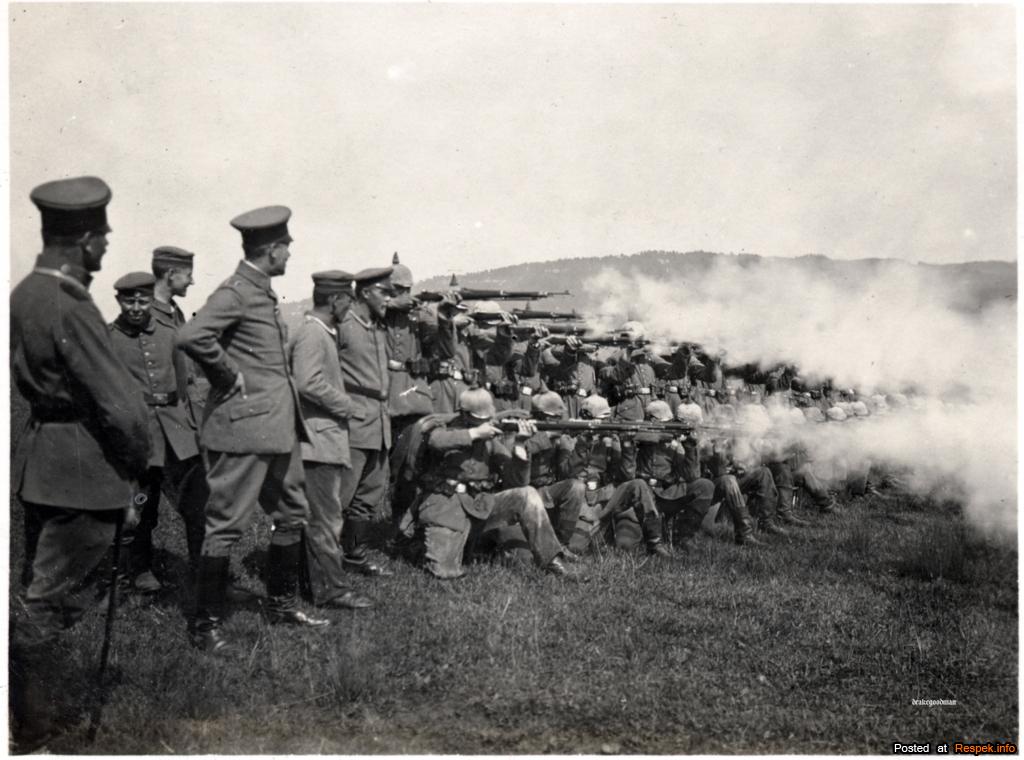
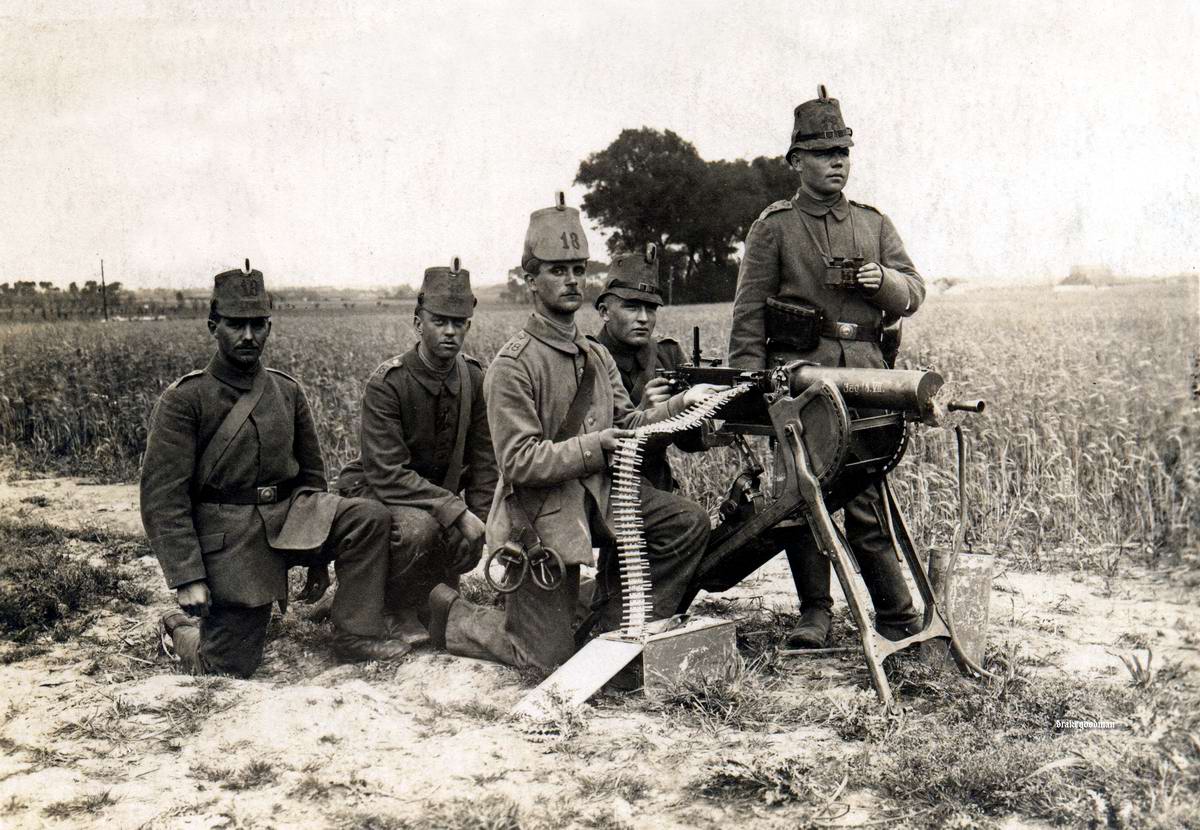
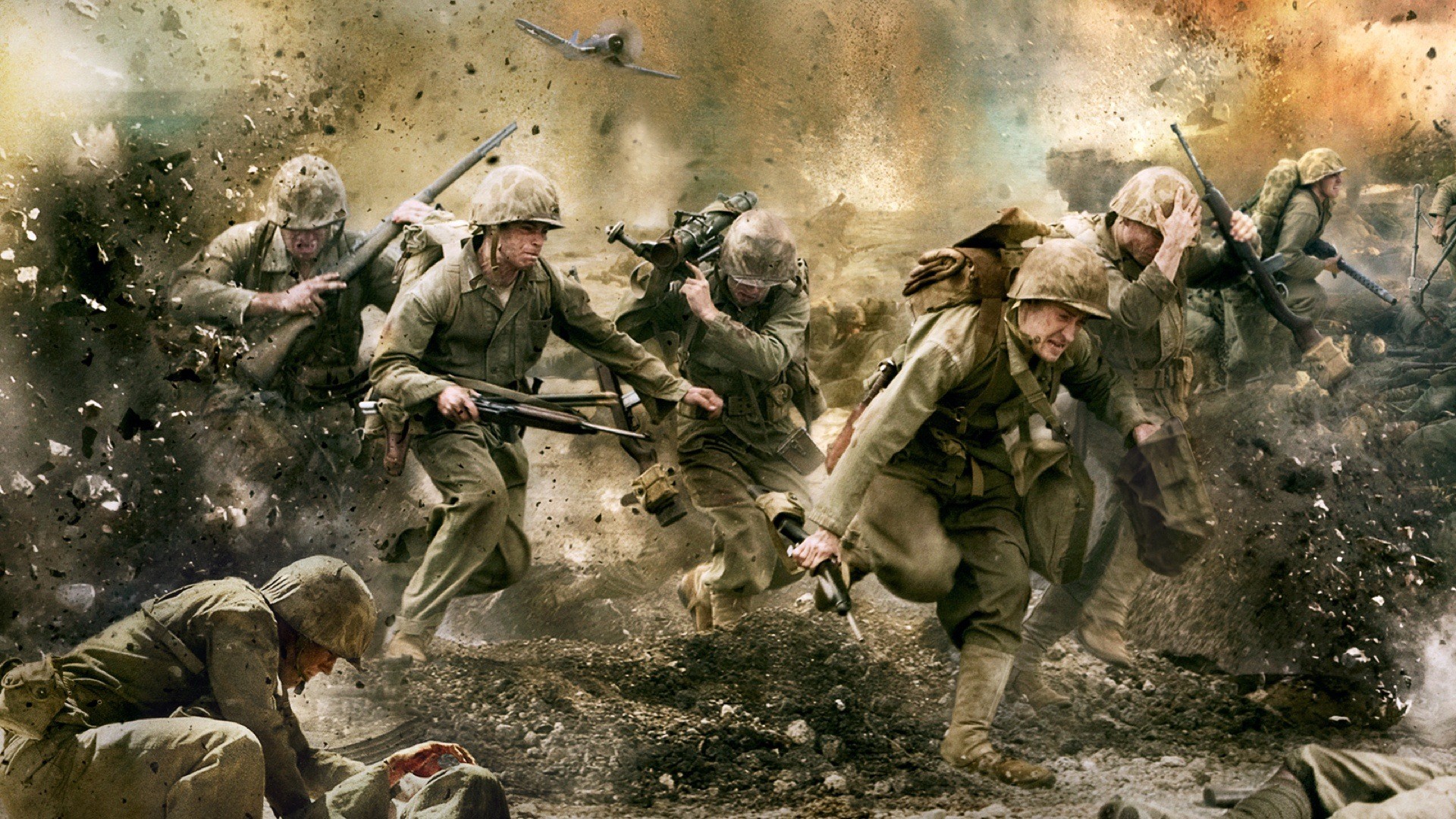











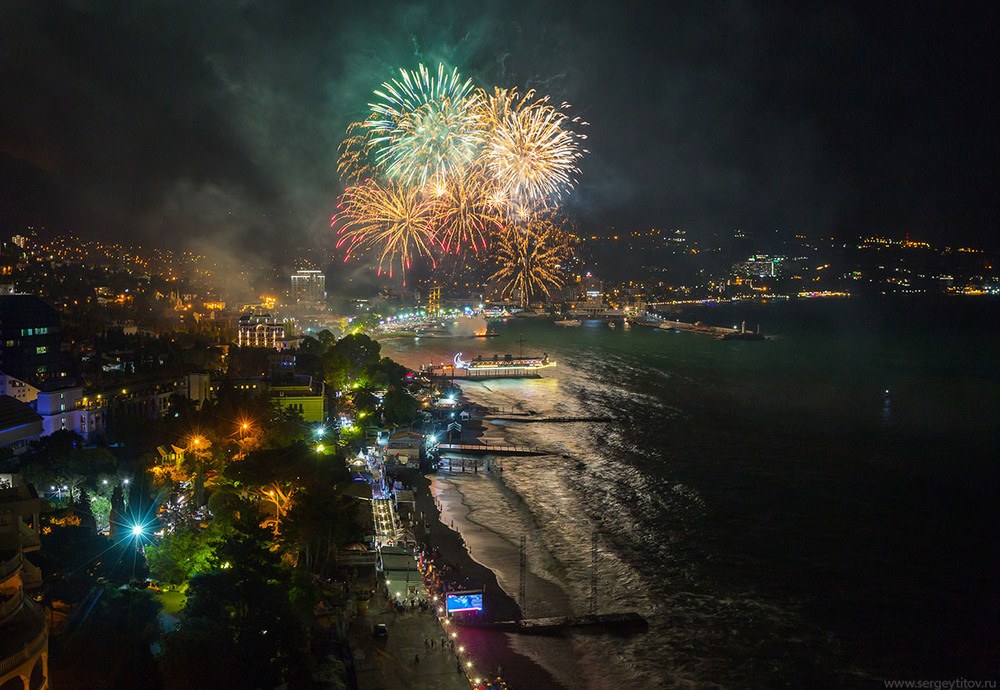

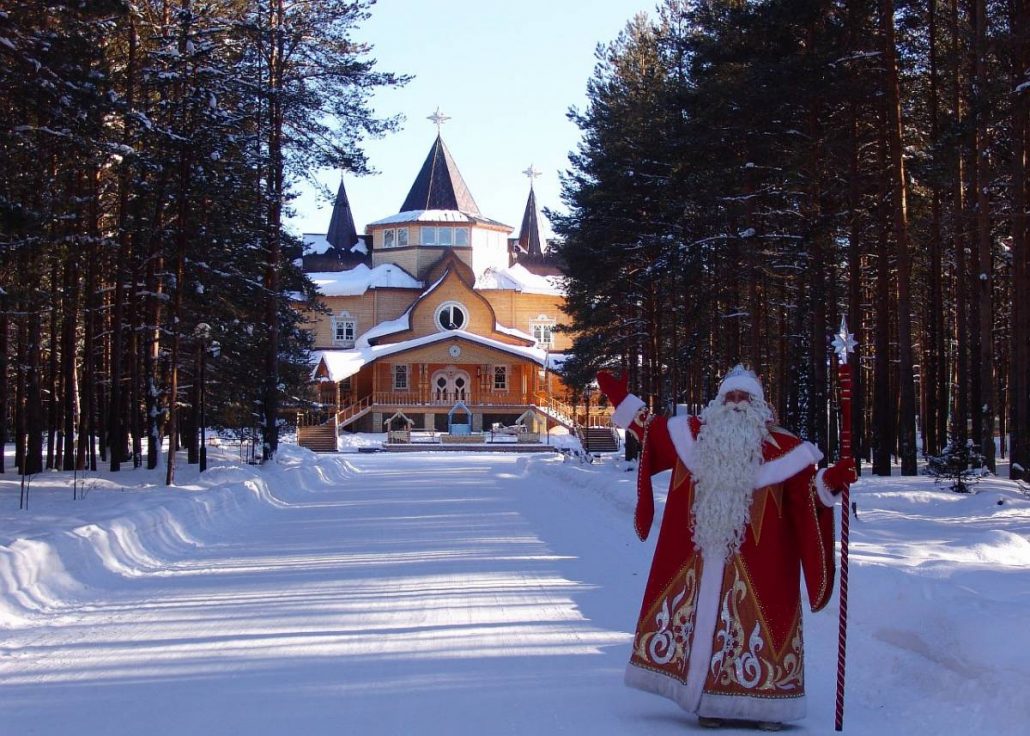





To answer
Want to join the discussion?Feel free to contribute!